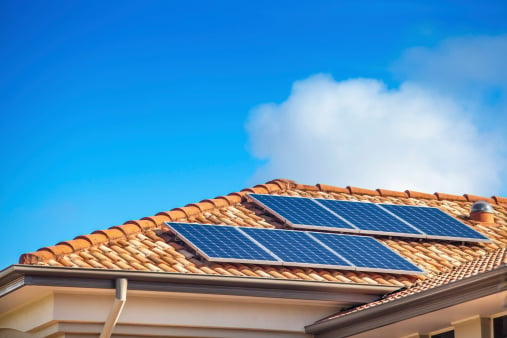
Source: Thinkstock
Yingli stock fell to an all-time low of $0.72 on shortly after the opening bell on Tuesday, after closing at $1.49 on Monday. In its filing with the SEC, Yingli noted:
Our ability to continue as a going concern is dependent upon our continued operations, which in turn is dependent upon our ability to meet our financial requirements, raise additional capital, and the success of our future operations, which in turn are subject to various risks discussed herein including, among others, risks relating to economic conditions in our target markets as well as the supply and prices of PV modules in the market, our ability to obtain additional capital or other funding to meet our payment obligations under our debt instruments, our ability to renew our short-term borrowings when they mature, our ability to restructure some of our existing debts if needed, the ability of guarantors of our debt to maintain their financial condition, and our ability to comply with all covenants of our loan agreements or obtain waivers if needed.
That is a long sentence, but it certainly doesn’t tell the whole story. The bigger problem is that the Chinese government’s long-standing policy of turning a blind eye to the massive debts the country’s local governments have run up has now evolved into turning two blind eyes to the debt problems. The official government policy had been for local governments to keep lending and then to swap the high-interest, short-term debt with banks for long-term, low-interest bonds that the banks would then use as collateral with China’s central bank to make more loans.
ALSO READ: 15 Companies Losing the Most Money
The policy was not doing the trick, so last week the People’s Bank of China and the China Banking Regulatory Commission decided to do more. According to the Financial Times:
[The PBOC and the CBRC] told financial institutions to keep lending to local government projects even if borrowers are unable to make principal or interest payments on existing loans….(the regulation)explicitly banned financial institutions from cutting off or delaying funding to any local government projects started before the end of last year and said that any projects that are unable to repay existing loans should have their debt renegotiated and extended.
Yingli may be saved by the latest directive, but the piper will have to be paid someday, by somebody. Other Chinese solar makers are in the about the same position as Yingli, at least regarding the size of their debts. And the government probably cannot and will not be able to save them all. What that probably means is that political contacts are now likely to become more important that performance. The companies with the most influential friends are the likeliest to survive. Whether one of those is Yingli Green Energy remains to be seen.
ALSO READ: Why Merrill Lynch Still Sees Big Upside in SolarCity and Vivint
Essential Tips for Investing: Sponsored
A financial advisor can help you understand the advantages and disadvantages of investment properties. Finding a qualified financial advisor doesn’t have to be hard. SmartAsset’s free tool matches you with up to three financial advisors who serve your area, and you can interview your advisor matches at no cost to decide which one is right for you. If you’re ready to find an advisor who can help you achieve your financial goals, get started now.
Investing in real estate can diversify your portfolio. But expanding your horizons may add additional costs. If you’re an investor looking to minimize expenses, consider checking out online brokerages. They often offer low investment fees, helping you maximize your profit.
Thank you for reading! Have some feedback for us?
Contact the 24/7 Wall St. editorial team.


